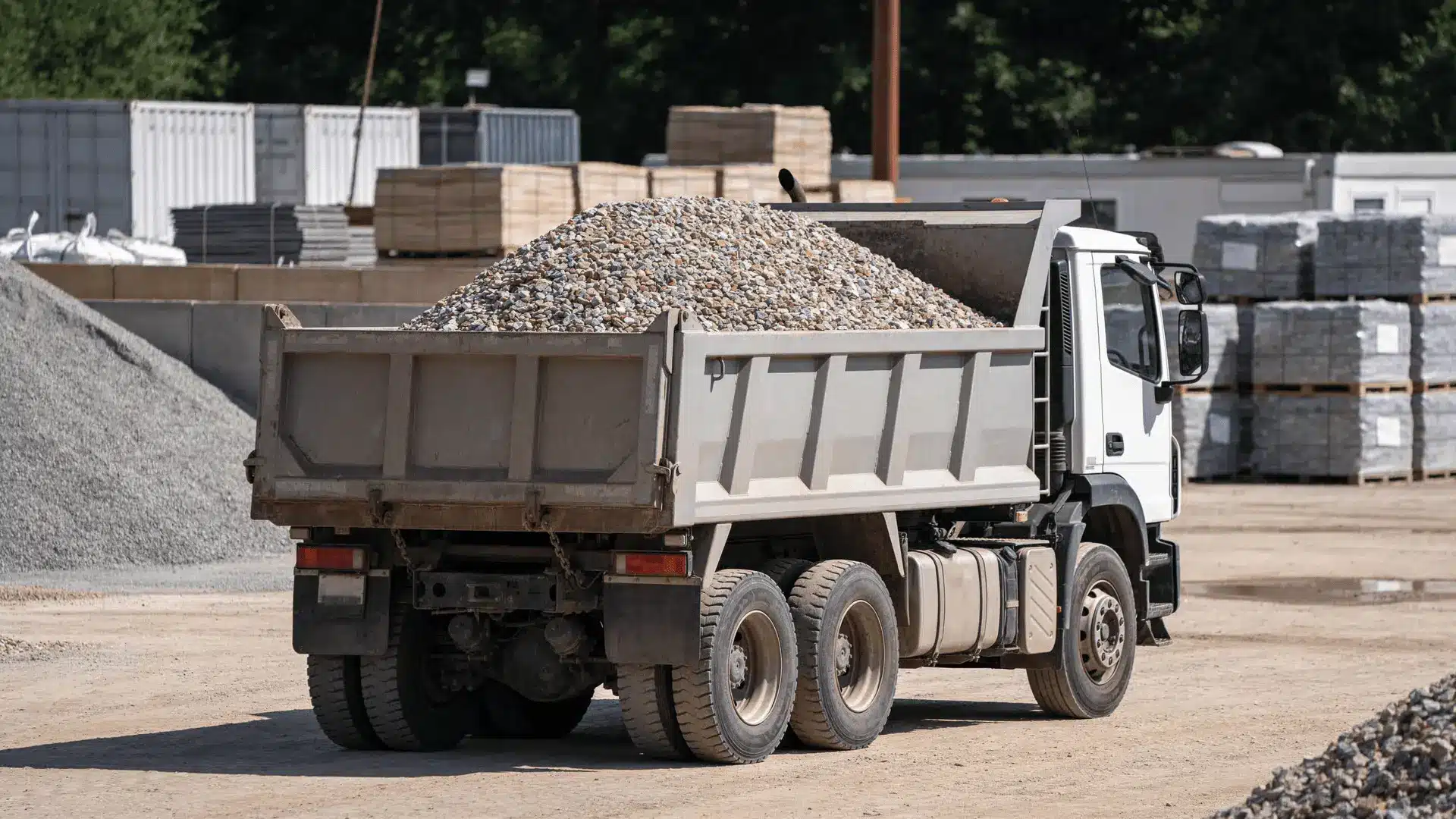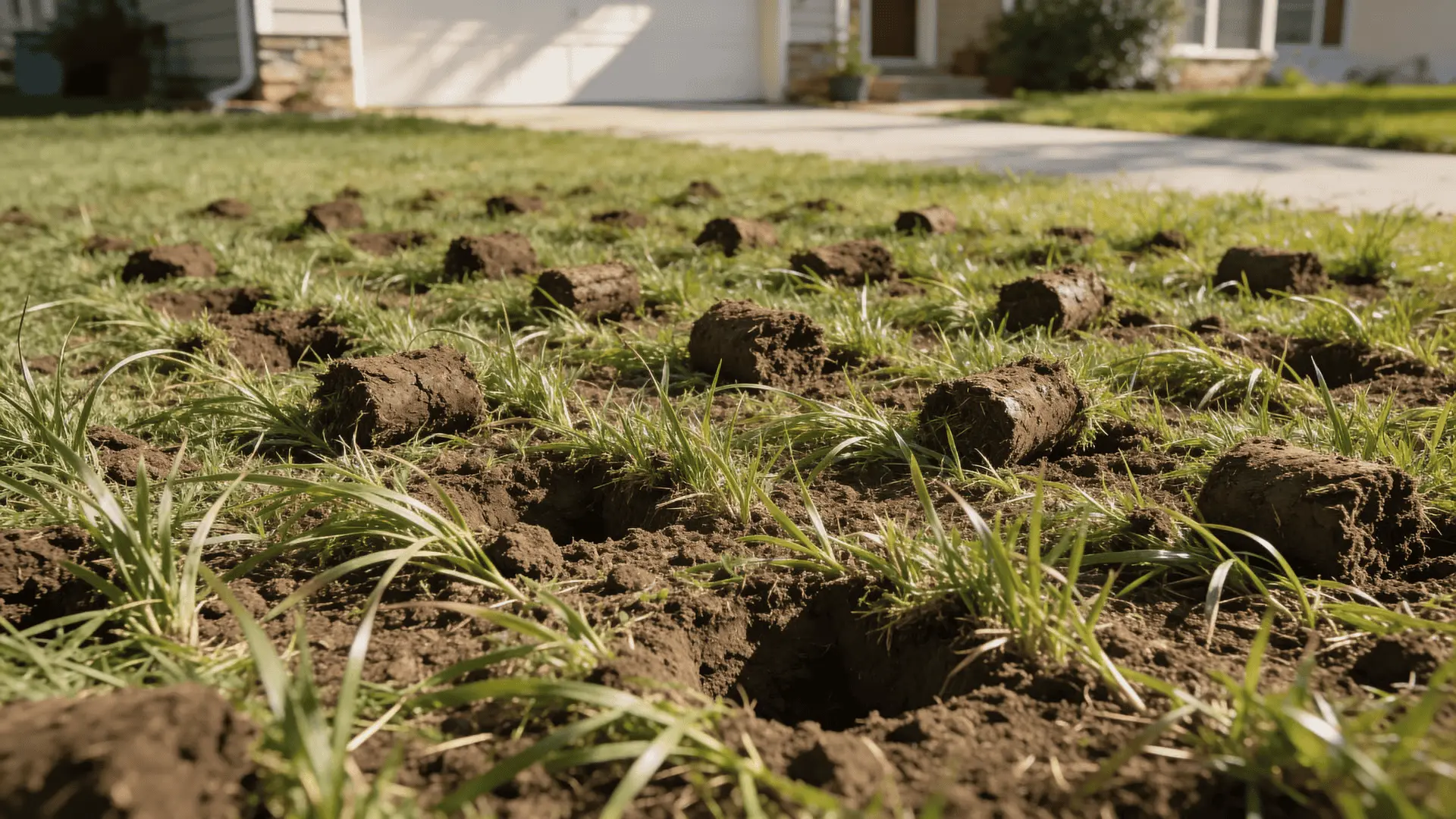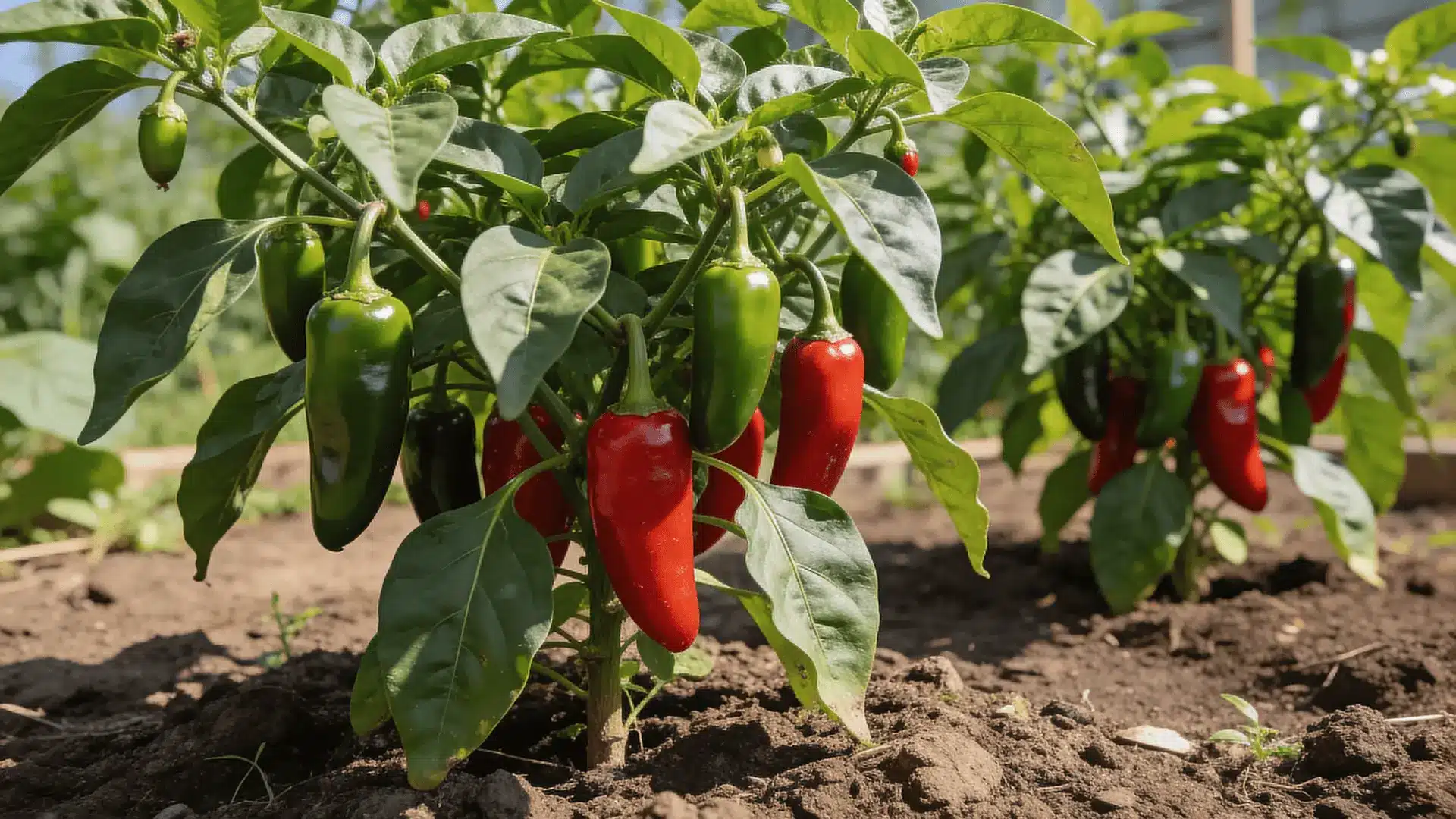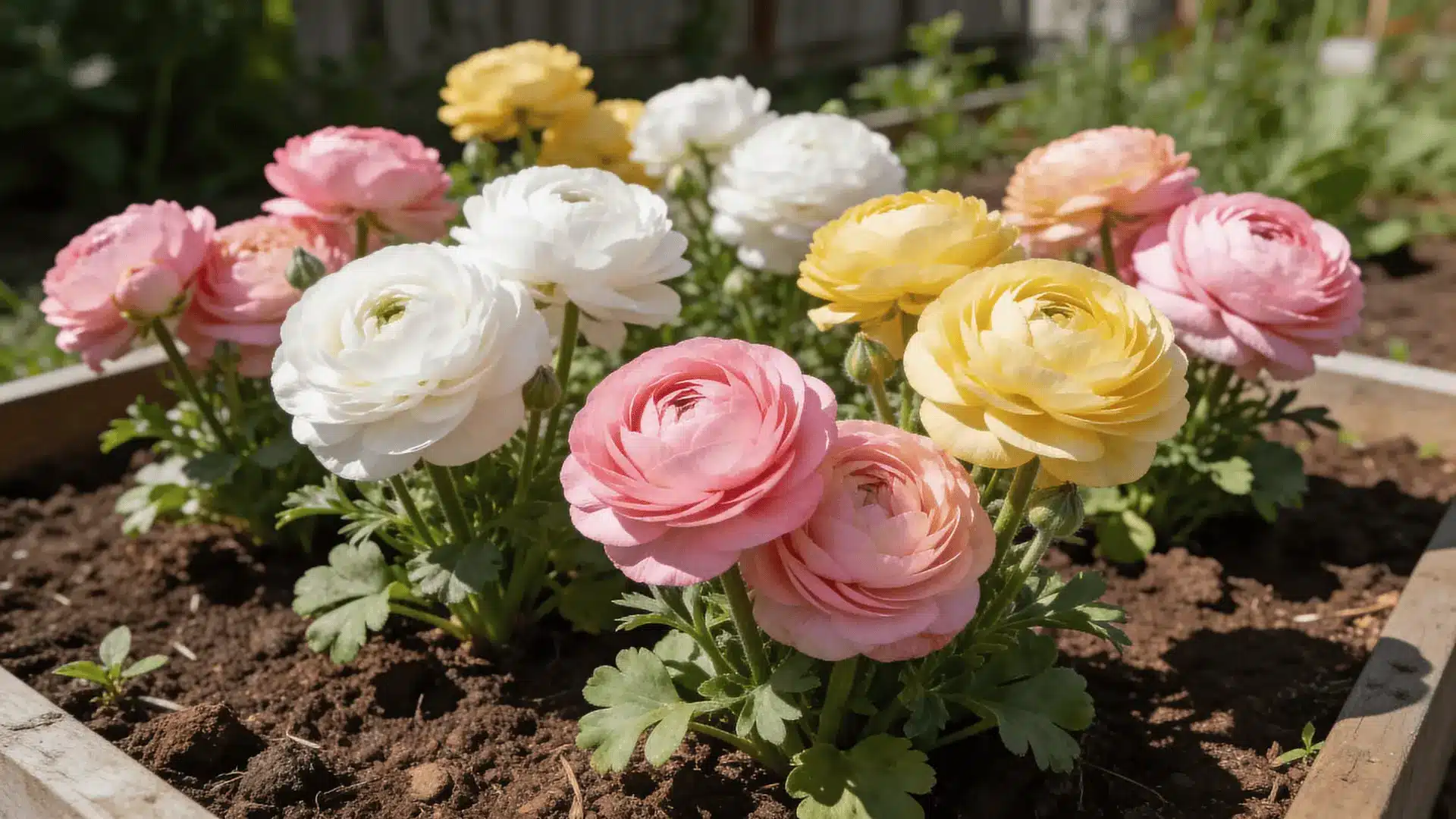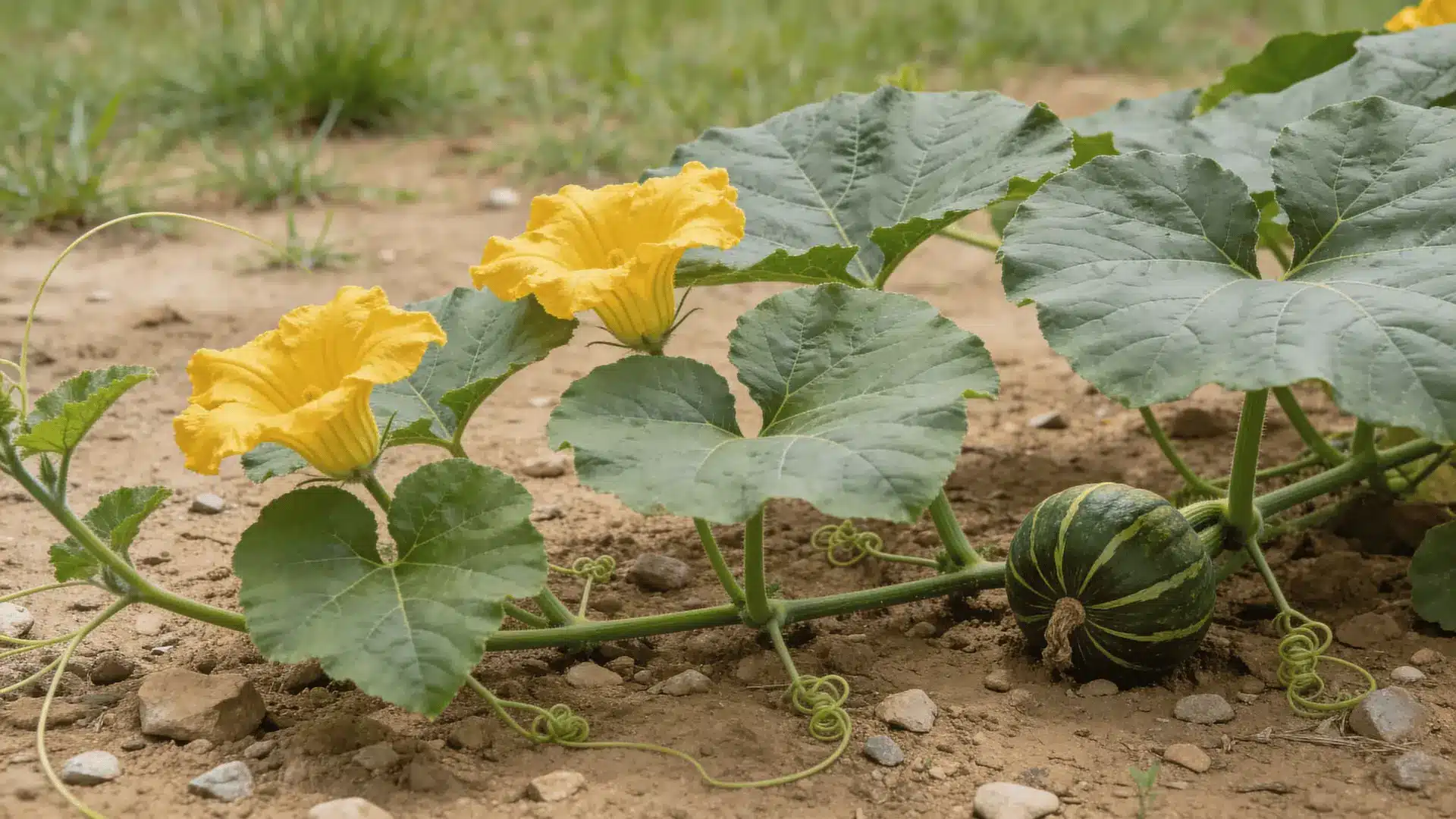If you are fascinated by horses, or you think about getting one for yourself, the first and most important thing to consider is horse nutrition. Horses aren’t just big cows on hooves. Their digestive systems are very sensitive and feeding them the wrong stuff can quickly cause problems.
Fortunately, their diet is quite simple, and even beginners can quickly get the hang of what horses love to eat. After all, we are talking only about a handful of ingredients, and horses aren’t exactly picky eaters.
So, before you grab your wallet and go ahead to purchase a horse, you first need to have a good understanding of the best plants and vegetables for their diet. After all, it’s not only about keeping them full. It’s about keeping them healthy, energetic, and strong, even if you don’t race your horse.
It’s like creating a healthy diet for an athlete, because in a way, that’s exactly what a horse is.
Grass
The main ingredient of your horse’s diet is grass. As we mentioned before, they are simple animals. For most horses, it is the primary source of nutrients, and most of them eat only grass all their lives.
Grass is high in fiber, which is essential for healthy digestion and maintain a steady energy level. Plus, it is good for their sensitive digestive system. You have to know that horses evolved as grazing animals, and their stomachs are designed to process small amounts of forage continuously throughout the day.
However, not all grass is created equal. Lus, green pasture with a mix of timothy, orchard, and ryegrass provides protein, vitamins, and minerals in balanced quantities. Also, horses on pasture tend to have healthier hooves, shinier coats, and more stable temperaments.
But what to do when you cannot find access to fresh grass? Well, horses also eat hay, and it becomes essential part of their diet during winter times when fresh grass isn’t available.
Yes, grass is more hydrating and often richer in certain vitamins, hay is more consistent in nutrient content and can be stored for use year-round.
Vegetables That Horses Actually Love
Let’s put grass to one side and focus on some more flavorful ingredients. Some owners supplement their horses with vegetables, which provide extra vitamins, minerals, and hydration.
So, which vegetables do horses eat? Well, they love carrots, which are sweet, crunchy, and packed with beta-carotene, which supports vision and immune function. Most horses will happily eat a few carrots a day as a treat or supplement.
You can also give your horse beets, especially beet pulp. Beet pulp is high in fiber and digestible energy, which means that it is great for horses who need extra calories without the risk of colic or sugar spikes. Just make sure to give beets as a supplement in small amounts mixed into their food (grass).
Horses also love pumpkin, zucchini, and even sweet potatoes. Pumpkins provide fiber and vitamin A, while zucchini is low-calorie and hydrating. But it’s all about balance, and they should also be given as a treat, not as replacement of their main diet.
Herbs and Plants with Added Benefits
Some plants aren’t just food, but they also have some functional health benefits for horses. For example, alfalfa is a legume rich in protein and calcium, and it is ideal for growing foals. But since it’s rich in calories, adult horses can gain weight faster, so be extra cautious.
Horses also love mint and parsley, but only in small amounts to improve digestion or freshen a horse’s breath. They even eat chamomile or fennel in tiny quantities, which can have a calming effect, making it useful for anxious horses.
However, it is very important to avoid toxic plants. Horses should never eat nightshades, foxglove, or yew. These can be extremely dangerous for your horse if ingested, and can even have fatal consequences.
Balancing Nutrition for Health and Performance
Most people make the same mistake of giving their horse the “best” plants or veggies. There isn’t such a thing. All of the vegetables and plants we mentioned in this article have different benefits.
It’s more about balancing everything. Horses can live happily on grass and hay, and it is the main ingredient that keeps their digestive system moving. Vegetables are only here as treats to provide them with vitamins and antioxidants, and selected herbs support growth, performance, and reproduction.
For performance horses, we are talking about ones that participate in big events like the Breeders’ Cup, leafy greens and nutrient-dense vegetables can help sustain energy without relying solely on grains. So, if you are keeping an eye on the Breeders’ Cup Classic odds, dive a bit deeper and find out what these horses are eating.
Treats, Timing, and Moderation
Horses also respond well to variety, but treats should always be given in moderation. Overfeeding carrots or apples, for instance, can upset digestion and even lead to metabolic issues. Introduce any new plant slowly, in small quantities, and always observe your horse’s reaction.
Timing matters too. Many owners feed vegetables as part of their morning or evening routine, mixing them with hay or grain to create a balanced meal. Hydration is another factor; fresh water must always be available, especially when feeding high-fiber vegetables.
So, horses are simple animals and they are creatures of habit. They love a balanced diet, where grass forms are the foundation, and vegetables and legumes are only used as supplements. Make sure to avoid anything that’s hard to digest and always do some research before giving your horse a new ingredient.



